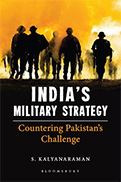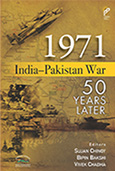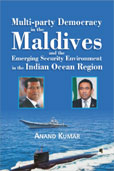The Changing Definition of Kashmir
If the attack on the district collector’s office in Srinagar in January and the attack on the Jammu and Kashmir tourist office on the eve of the inauguration of the Srinagar-Muzaffarabad bus service came as a harsh reminder of Kashmir’s violent history, the overall mood in the valley, for a couple of reasons, suggested otherwise. In recent months, the people of Kashmir have sent a message: Freedom can wait, but development cannot. Two developments symbolise the transformation of popular mood.
- Ashutosh Misra
- April 15, 2005








